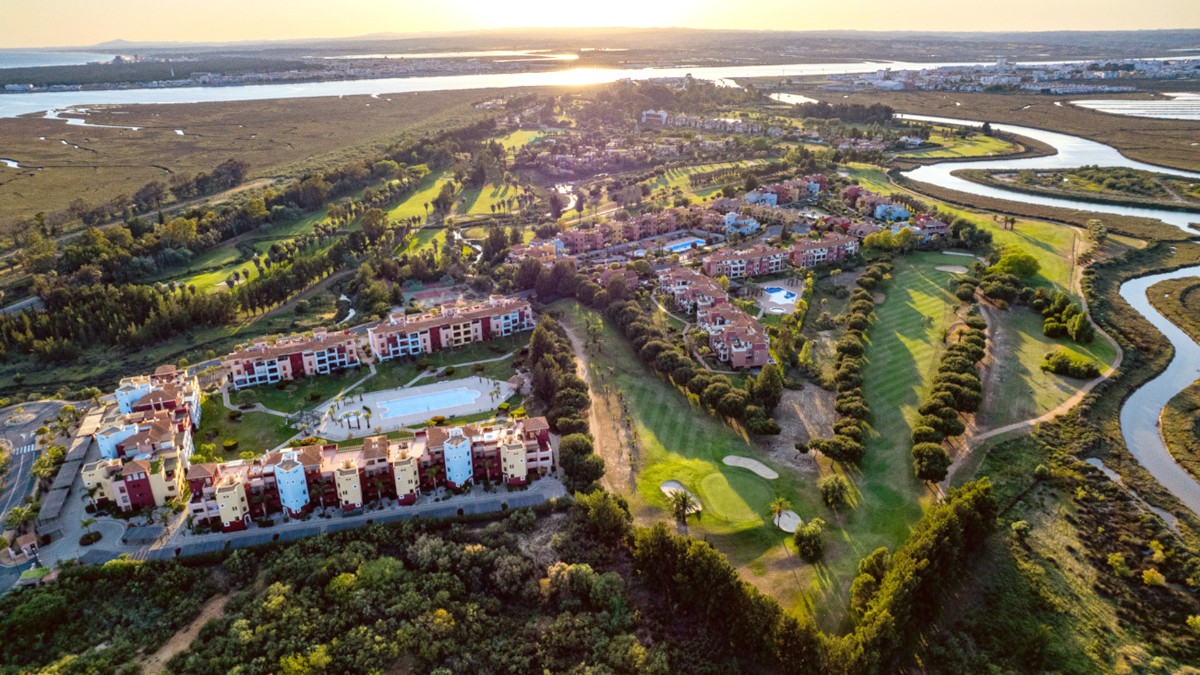
Southern And Western Puerto Rico, Puerto Rico
A critical area for coral reef conservation, protecting endangered elkhorn coral and marine life. Do not touch or stand on coral, do not collect shells or disturb the seabed.
Recycling infrastructure is developing. Minimize waste generation. Avoid single-use plastics (reusable water bottles and bags). Dispose of trash properly.
Puerto Rico experiences periodic water scarcity. Conserve water by taking shorter showers, turning off taps, and reusing towels.
Make conscious decisions that support environmental well-being.
Seek out properties that promote sustainable practices, like solar power, water conservation, and local sourcing.
Inquire with tour operators, especially for snorkeling/diving or whale watching, about their environmental policies.
Travelers can consider purchasing carbon offsets for their flights to mitigate their environmental effects.
Minimize waste generation by making conscious choices.
Choose gear from companies committed to environmental responsibility.
Patagonia for sustainable outdoor wear.Support organizations that protect natural habitats.
The Rainforest Site supports conservation efforts.A reusable grocery bag minimizes plastic waste from shopping.
Your travel choices influence the local community directly.
Support local artisans, attend cultural events, and visit historical sites. This aids in preserving Puerto Rican heritage.
Learn basic Spanish phrases. Be polite and patient. Acknowledge and appreciate local customs. A positive attitude fosters warmer interactions.
Always ask permission before taking photos of individuals, especially children. Be discreet and respectful in public spaces. Avoid intrusive photography.
If visiting a church or other religious site, dress modestly (shoulders and knees covered) and maintain a quiet, respectful demeanor, especially during services.
Prioritize local businesses. Choose independently owned guesthouses. Dine at local "fondas" or family-run restaurants.
Eat at local eateries. Buy groceries from local supermarkets. Book tours and lessons with local operators. This keeps money circulating within Rincon's community.
Look for artisan crafts and products that directly benefit local producers. The Sunday Farmers Market is excellent for these items.
Research tour operators to make certain they follow ethical practices. Make sure animal encounters are respectful and non-exploitative.
If you wish to contribute to local causes, research reputable local non-profits or community organizations rather than giving directly to individuals on the street. This makes certain aid distributes effectively.
Final considerations for a smooth journey.
The U.S. Dollar is the official currency. Credit cards are widely accepted, especially Visa and Mastercard. Cash is often preferred at smaller establishments or markets.
Roads vary in quality. Some can be narrow and winding, especially in rural or mountainous areas. Drive defensively. Signs are in Spanish, but major highway signs often include English equivalents.
Public transportation outside of major cities like San Juan is limited. Taxis and ride-sharing services may be present in Rincon, but a rental car grants the most independence for exploring.
Hurricane season spans from June to November. Travelers during this period should monitor weather forecasts and have contingency plans.
Puerto Rico uses the same electrical outlets and voltage as the United States (Type A and B, 120V, 60Hz).